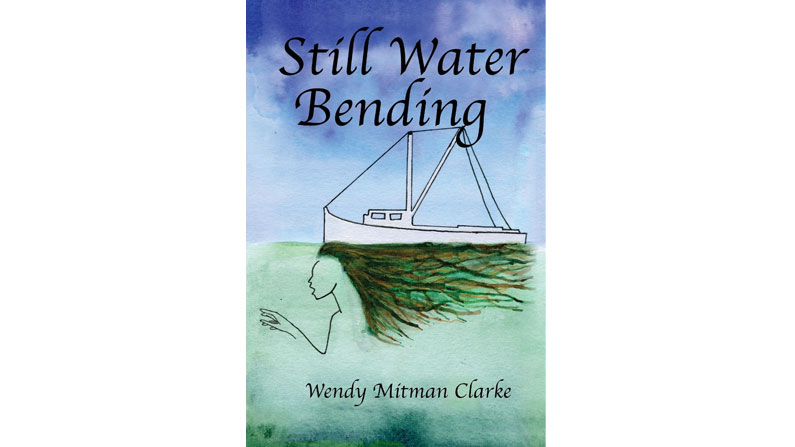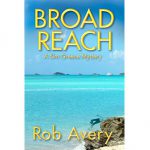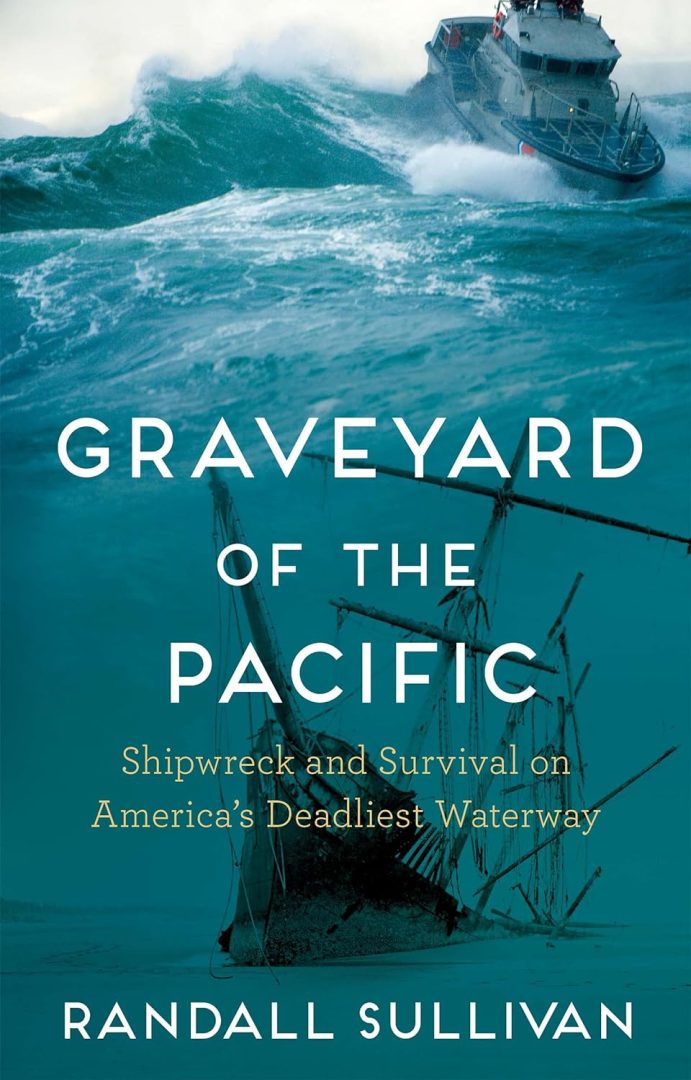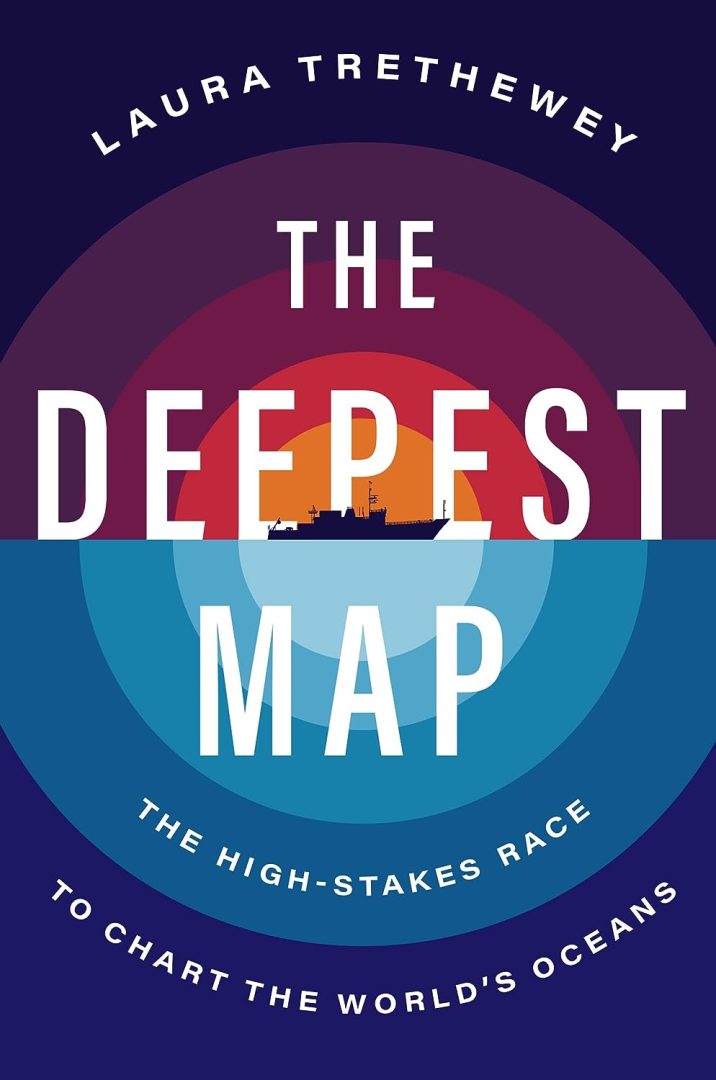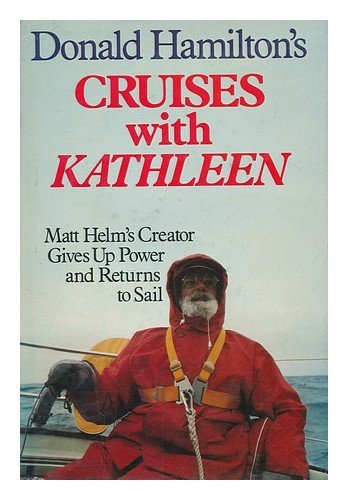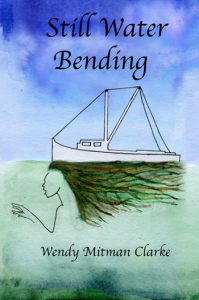 I’m eager to tell you that the last book I read before picking up Still Water Bending was Lit: A Memoir by best-selling author Mary Karr. This is notable because the depth and poetic quality of Clarke’s prose is, page-for-page, on par with Karr’s. In case I’m not being clear, this is high praise.
I’m eager to tell you that the last book I read before picking up Still Water Bending was Lit: A Memoir by best-selling author Mary Karr. This is notable because the depth and poetic quality of Clarke’s prose is, page-for-page, on par with Karr’s. In case I’m not being clear, this is high praise.
Both authors are award-winning poets and equally skillful at leveraging their poetic perceptions to communicate the sensibilities of their characters and the true nature of the settings they inhabit. But here I’ll stop drawing comparisons because Clarke’s work stands alone. And it’s not a memoir, but a novel, a work that is equal parts lush and enveloping, and sharp and unyielding.
Clarke’s protagonist, Lily, is a young woman hardened by an unfair childhood on the banks of Chesapeake Bay. Having constructed a life to avoid any risk of vulnerability, circumstance forces Lily to confront both her past and her understanding of herself and the relationships she cannot ignore. Her months-long journey takes place on the docks and decks and diners that serve a struggling boat-centric culture of fishermen. It’s a bleak setting, a community upon which the rigid laws of nature, time, and taxes have taken a severe toll.
But the counterpoint to Clarke’s beautifully constructed setting is found in the steady, separate marches by Lily and her father, towards finding and making peace so that their emotional lives can be re-built and finally fulfilled.
Clarke is a former Cruising World columnist and cruising sailor who makes her home in the Mid-Atlantic. Her knowledge of these waters and boats and the families who have generations of history tied to the Chesapeake, makes her book especially truthful and intimate.
Still Water Bending, by Wendy Mitman Clarke (Head to Wind Publishing, 2017)
